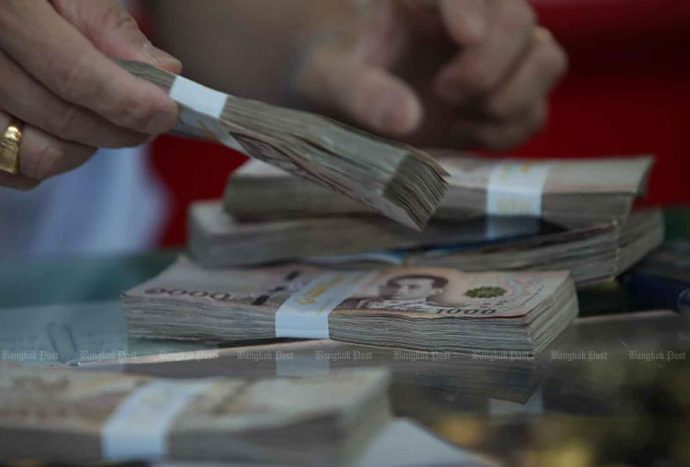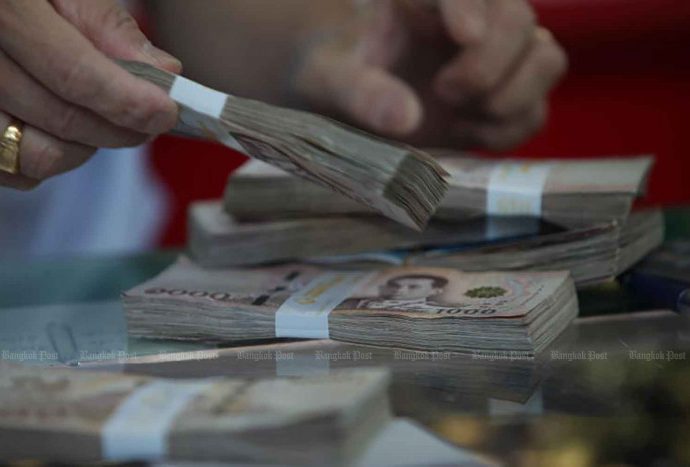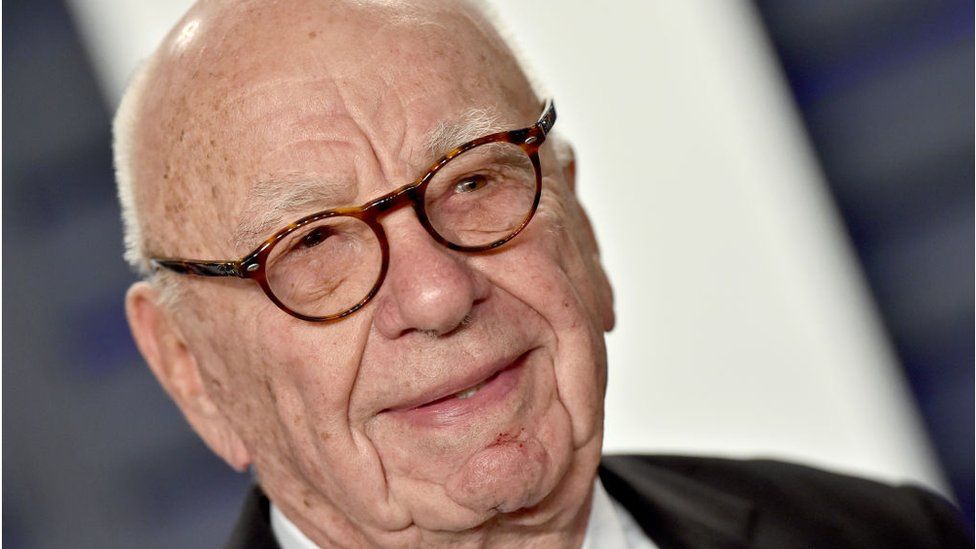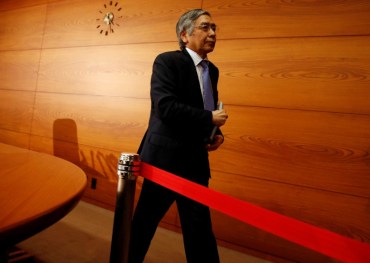Assessing the negative consequences of globalization
Globalization may have brought common economic prosperity and improved welfare worldwide at first; now, however, it has more cons than pros.
This is mainly due to the so-called chain effect.
Because of the interconnectedness of economies, a problem in one country can have wide ramifications and lead to recessions and other adverse effects on a global scale.
The bursting of the dotcom bubble in the late 1990s, the real-estate bubble in 2008, and the European debt crisis in 2009 are excellent examples of this phenomenon.
The challenge is that, in the context of full globalization, it is difficult to mitigate the negative consequences of interconnected economies.
The unfolding crisis in China serves as a poignant reminder of this reality.
First, a lower-than-expected flow of orders from Chinese consumers or a cutback in foreign investment by the government cannot be easily replaced.
Second, if the People’s Bank of China (PBOC) increases the pace of its foreign-asset sales to support the yuan, there is limited recourse to offset the resulting negative impact.
Thus Chinese sales of US government debt could prevent yields from falling, even if the Federal Reserve nears the end of its cycle of interest-rate increases and global equity markets face a massive sell-off.
Besides, if the PBOC decides to dump a third of its $835 billion, there could be a massive shockwave in US long-term debt markets, especially in the current context of Fed quantitative easing.
So where does it take us?
Although globalization can be detrimental in times of uncertainty, it does not mean we should diminish interdependence and integration and return to protectionism. That would only increase global economic slowdown, inequality, poverty and inflation. The best thing would be to help those on sinking ships recover more quickly.
But unfortunately, in the current state of geopolitical relations, this seems highly unlikely. All we can do is track global market updates and stay prepared.

























